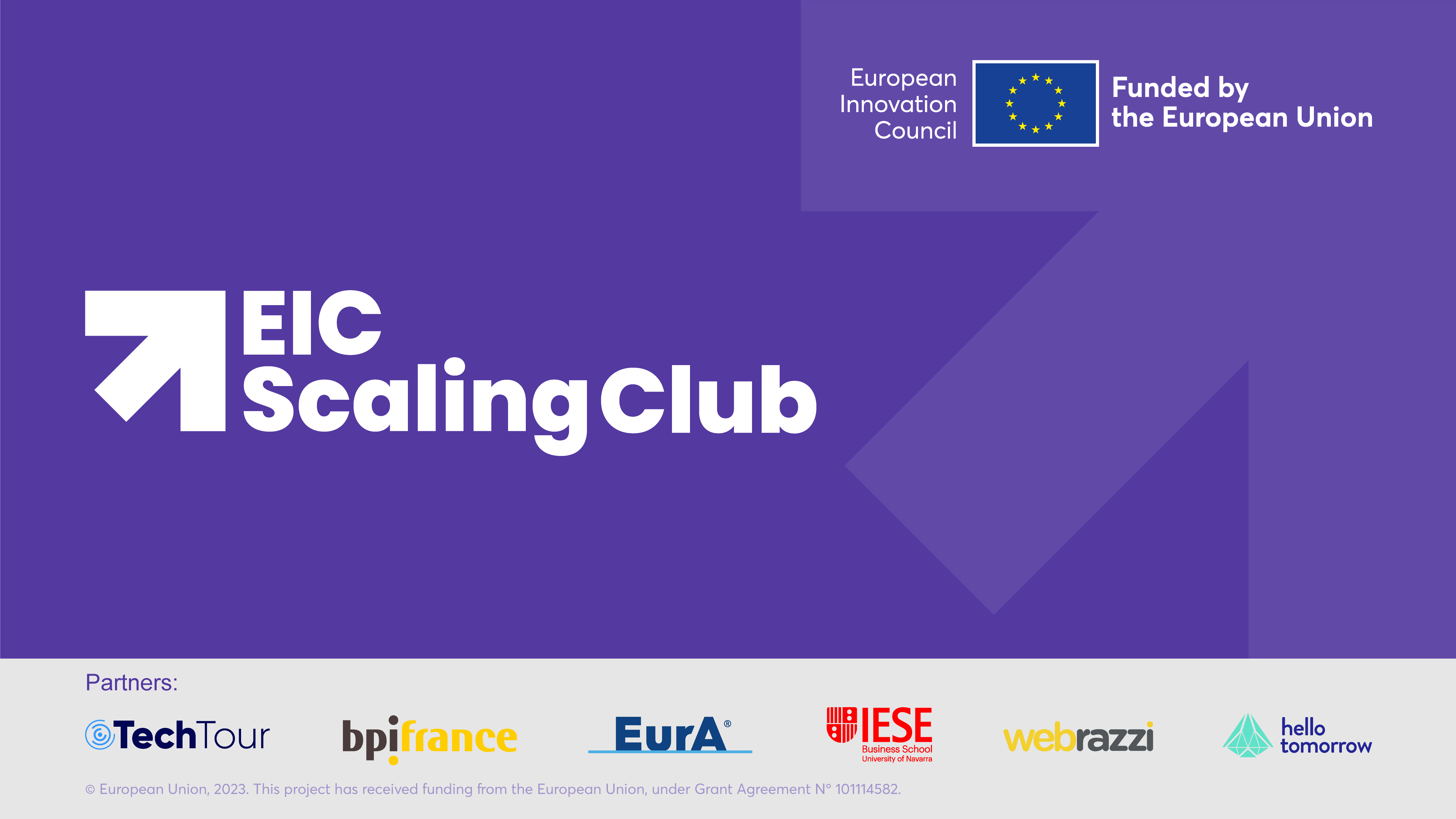20 Jan 2026

Meet Vianova – a French scale-up developing an urban micromobility data platform that helps cities and businesses make sense of an increasingly complex transport ecosystem. As electric scooters, shared bikes, rental cars, and other vehicles have become a regular sight in cities worldwide, Vianova provides the digital infrastructure that helps them all coexist efficiently and sustainably.
The company’s cloud-based platform aggregates and analyses real-time and historical mobility data from a wide range of sources, providing local authorities and private operators with a shared view of how streets are used. As Vianova states, the company aims to “optimize mobility, cut congestion and save lives” through data-driven planning and decision-making.
From micromobility chaos to collaboration
Vianova was founded in 2019, around the time when scooters, shared bikes, and other micromobility vehicles started to overflow European cities. The rapid popularity boom of these devices soon began to create friction between operators and municipalities. Each company provided data in different formats, while cities lacked the tools to monitor usage, enforce regulations, or plan infrastructure effectively.
The Vianova founding team – Thibault Castagne, Thibaud Febvre, and Frédéric Robinet – saw an opportunity for a third-party data platform that could act as a bridge between public authorities and private mobility providers. By sharing real-time data of what actually happens in city streets, both sides can make more effective urban planning decisions.
As CEO of Vianova, Thibault Castagne said, the company’s vision is to “[become] the most-trusted, multi-sided agnostic data platform, where mobility data producers and mobility data customers meet, collaborate, and trade information to solve their challenges while improving the lives of citizens.”
Building the data backbone of urban mobility
The platform aggregates incoming data from various mobility sources – scooters, bikes, cars, logistics vehicles – and converts it into a standard format. This fragmented information then goes through Vianova’s analytics engine to reveal patterns and visualize trends across time and geography.
City planners can view live maps showing vehicle locations and parking, identify areas with high accident risk, and assess the impact of new transport policies. Mobility operators can see where and when demand spikes, monitor compliance with local rules, and optimize fleet distribution. The result is a shared digital view of the city – a living map of how micromobility devices and people move through it.
A growing presence across Europe and beyond
Vianova has already collaborated with more than 120 cities and business customers worldwide to help improve urban mobility. In Brussels, for example, Vianova’s analytics system helped the city create “geofenced slow-speed zones, no-go rules and incentivized parking hubs for riders,” reducing pavement clutter and the need for street patrols. In Abu Dhabi, the company partnered with local authorities to analyze e-scooter use and manage parking zones, with the broader aim to support the emirate’s transition toward net-zero transport emissions.
Vianova’s work so far has drawn strong support from investors in sustainable mobility and smart-city innovation. In November 2021, the company raised $3 million in seed funding led by Dutch venture fund Ponooc. A year later, in December 2022, it closed a €6 million Series A round led by Baloise. The funding supports further product development, expansion into new markets, and deeper integration with transport systems worldwide.
In 2024, Vianova was among the first 48 deep tech scale-ups to join the EIC Scaling Club as part of the Smart Mobility sector opportunity.
A clearer path for cities
Cities today face unprecedented challenges – heavier traffic, crowded streets, environmental targets, and an ever-widening mix of vehicles using public roads. Vianova’s platform provides them with the tools to manage these challenges through data, leading to evidence-based decisions rather than guesswork. By creating a neutral environment where both regulators and private operators can work together, the company helps move urban mobility toward a collaborative planning approach.
As the shift toward electric, shared, and automated transport accelerates, the need for data-driven coordination will only grow. With its emphasis on data-driven insight, privacy, and partnership, Vianova is helping cities worldwide make urban transport safer, more efficient, and more sustainable.
About the EIC Scaling Club

The EIC Scaling Club is a curated community where 120+ European deep tech scale-ups with the potential to build world-class businesses and solve major global challenges come together with investors, corporate innovators and other industry stakeholders to spur growth.
The top 120+ European deep tech companies will be carefully selected from a pool of high-growth scale-ups that have benefitted from EIC financial schemes, other European and national innovation programmes, and beyond.
The EIC Scaling Club is an EIC-funded initiative run in partnership by Tech Tour, Bpifrance (EuroQuity), Hello Tomorrow, Tech.eu (Webrazzi), EurA and IESE Business School.
Subscribe to our newsletter here to stay up-to-date!
Related Articles
Recent Articles

Our new Policy Report reveals a mismatch between the EU’s long-term regulatory vision and scaleups' immediate capital needs
23 Jan 2026

AI in health tech: EIC Scaling Club companies advancing diagnosis, care and treatment
13 Jan 2026
.png)
cylib secures €63.4 million to scale LFP battery recycling in Europe
7 Jan 2026


